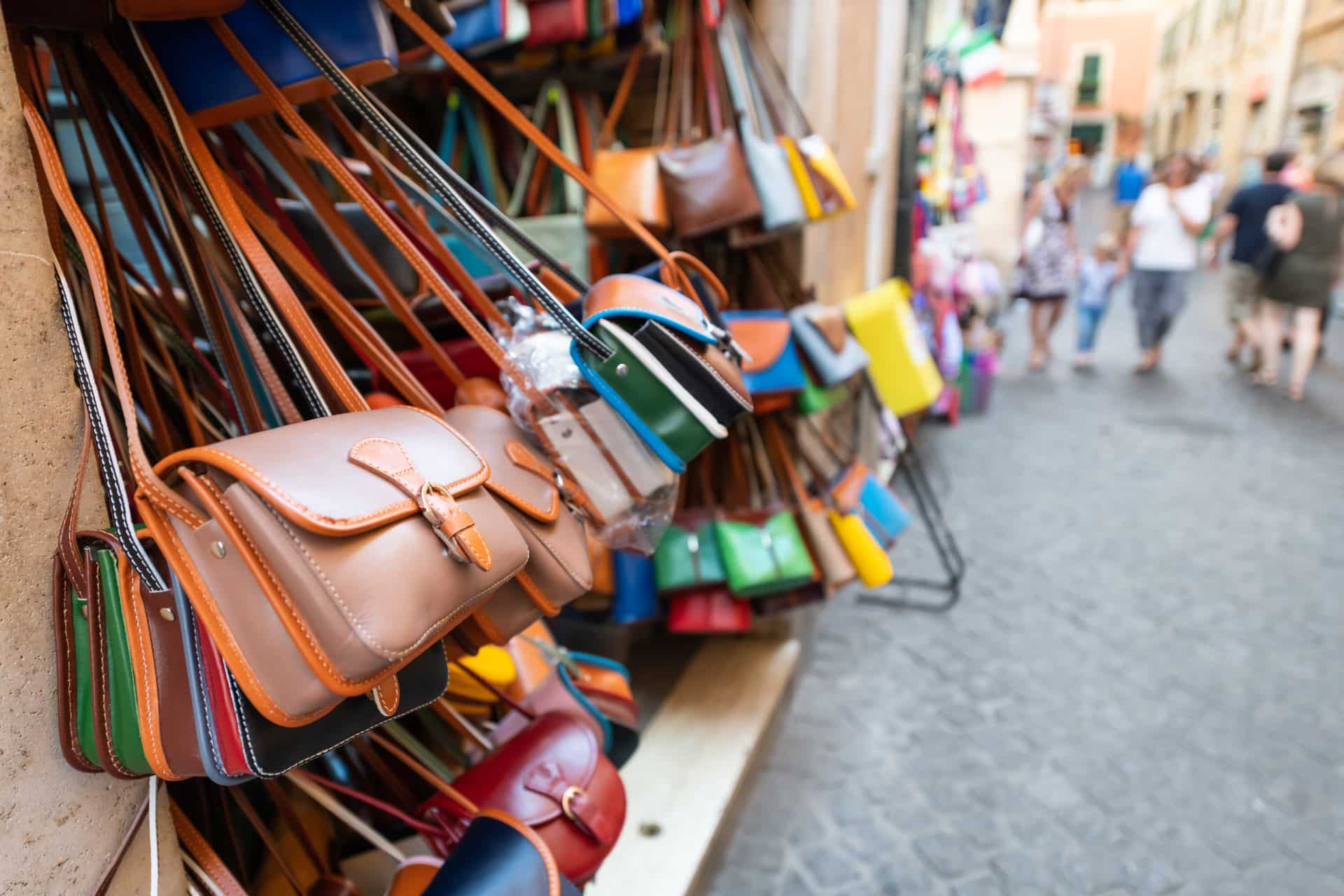Beware Of These 9 Common Scams When Travelling
Join a global community of over 200,000 TEFL teachers working throughout the world! Enrol me!
It’s no secret: travelling is our vibe. It’s what we dream about, what we save money for, what we live for. And most of the time travelling is everything you dream of: the open road, spectacular nature, friendly people, free time. But that doesn’t mean it’s always sunshine and butterflies. As fellow travellers, we have your back. So we want to keep it real and talk about a sad reality for some travellers, which is that of scams. But, to be forewarned is to be forearmed, so let’s look at the most common scams when travelling around the world so you can make sure you don’t fall victim to any of them!
1. It’s closed/full
Say you want to visit the Reina Sofia in Madrid. You arrive there but can’t seem to find the entrance. A friendly taxi driver informs you that it is closed. You are disappointed but as you walk away he mentions that he can take you to another museum or art gallery which is open. Of course, the Reina Sofia was never closed, you were just at the wrong entrance, but the taxi driver has scored themselves a ride!
Top tip: Check the opening days and hours of attractions before you get there. You can also check with your accommodation before you leave if there is any reason it would be closed. This makes sense anyway because you don’t want to go all the way to a place only to find out it’s closed!

Top tip: Pre-book your accommodation. Contact them the day you arrive or the day before to confirm your booking. Arrange an airport transfer with them if possible (and not too expensive) or ask them the best way to get to them, including how much a taxi should cost.
2. Just one quick stop
A taxi driver can offer to take you to your destination but as you are driving he insists you stop at a suit shop/tourist shop/restaurant on the way. Considering you’re already in the taxi it can be mighty difficult for you to say no. Once in the shop, you will be pressured to buy something, whether you want it or not!

Top tip: Learn the local language. If you can, learn a few words or phrases in the local language so that you can communicate to the driver that you are not a tourist and you want to go straight to your destination.
 Read more: 3 Ways to Help You Learn the Local Language
Read more: 3 Ways to Help You Learn the Local Language
3. Let’s take the scenic route
Unmetered taxis might meet you at the airport or at a tourist site and offer you a flat rate to drive to your destination. Unbeknownst to you, those rates are often much higher than they would be than a metered rate.
Or, metered taxis might decide to take the scenic route to your destination. This is especially common in airport pickups because they assume you don’t know where you are going. If the route the taxi takes is longer in time or distance, this will mean a higher fare for the taxi.
Top tip: Try not to go in unmetered taxis or taxis which claim their meter is broken. Use a map app on your phone to keep track of the trip and make sure the taxi is taking the recommended route.
4. A free gift
While it’s always nice to think there are friendly people in this world, it’s sad to say but you can’t really trust everyone you meet these days. In this scam, an overly friendly stranger will approach you to talk to you. They will either ask for directions or ask if you need help with anything. While they are chatting with you they will put a bracelet around your wrist, or give you some flowers, a sprig of rosemary or a trinket. Then they will ask for money for that item and will be very insistent until they get what they want.

Top tip: Don’t let people near your body – for so many reasons! If someone tries to start a conversation with you and you start to feel uncomfortable, walk away as quickly and firmly as you can.
5. Pickpockets
Pickpockets work in a variety of circumstances. Always be aware of your body when you are in a crowd. If you feel like there is a hand in your back pocket which is not yours, there might well be!
Another scam involves your shoe. A person will spill something on your shoe and point it out to you, by claiming to help you clean yourself up. You are surprised and embarrassed and get flustered trying to clean it up. Sneakily, at the same time, a certain someone is helping themselves to what’s in your pockets or handbag.

Top tip: Don’t keep valuables in your pockets. Make sure your handbag has a zip and is closed. Don’t get distracted while out in public. When sitting in a restaurant, make sure your handbag is always close by to you and never out of your sight.
6. Rental damage
In many countries, it’s common to rent a car or a motorbike to go exploring. When you bring the vehicle back, the rental shop might claim there is some new damage and they will charge you for it. Even worse is that the shop might send someone out to purposefully damage the vehicle to then over-charge you for repairs.
Top tip: Reputable rental shops will ask you to check the vehicle and sign off on any damage when you pick up the vehicle. If they don’t, make sure you take photos of the vehicle from different angles. This way when you bring it back you will have proof that a scratch or dent was there already and not your fault. While the vehicle is under your care, make sure you park it in safe places, preferably off-street or behind a gate.
7. The knockoff
If you are shopping in a market or a boutique shop and you find a designer handbag or pair of shoes or shirt at a price that is too good to be true, it probably is. While some places openly sell knock offs, others will insist it’s an original at a discounted price. However, when you get home and examine it more closely you will find some telling detail which proves it’s a fake.
Top tip: Only buy from reputable shops, unless you’re happy to go home with a fake.

8. The ATM
In a foreign country where you don’t speak the language, using an ATM can be confusing. The first thing you need to do is figure out how to translate it into English! If you are taking too long or look confused, a friendly local may approach you and ask if they can help you. In actual fact they have a card skimmer in their pocket which saves your card details and they watch you put in your pin.
Top tip: Don’t trust anyone at an ATM! Make sure the person behind you is not standing too close to you and don’t accept any offers of help unless they come from an employee of the bank.
9. Say cheese!
This can happen if you are a solo traveller and are awkwardly trying to take a selfie, or if you are a group of people and everybody wants to be in the photo. A friendly local might offer to take a photo for you so you give them your camera or your phone and the next thing you know they’ve taken off down the road.
Top tip: Perfect the art of a selfie! Don’t accept offers from strangers, especially if you have a bad feeling.
Read more: How to Protect Yourself While Travelling Solo
This might all sound like a bit of bad news but we know a few little scams like these won’t scare off an intrepid traveller like you! Always remember to keep your wits about you and trust your gut, and then you shouldn’t fall prey to any nasty scams.

Accreditation & Quality Assurance
The TEFL Academy was the world’s first TEFL course provider to receive official recognition from government regulated awarding bodies in both the USA and UK. This means when you graduate you’ll hold a globally recognised Level 3 (120hr) Certificate or Level 5 (168hr) Diploma, meaning you can find work anywhere and apply for jobs immediately.
 United Kingdom
UK
United Kingdom
UK












